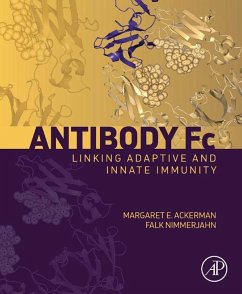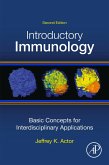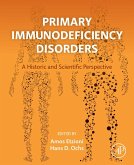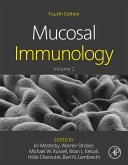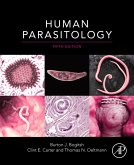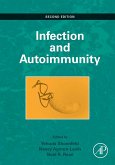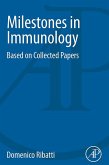Antibodies represent the correlate of protection for numerous vaccines and are the most rapidly growing class of drugs, with applications ranging from cancer and infectious disease to autoimmunity. Researchers have long understood the variable domain of antibodies, which are responsible for antigen recognition, and can provide protection by blocking the function of their target antigen. However, recent developments in our understanding of the protection mediated by antibodies have highlighted the critical nature of the antibody constant, or Fc domain, in the biological activity of antibodies. The Fc domain allows antibodies to link the adaptive and innate immune systems, providing specificity to a wide range of innate effector cells. In addition, they provide a feedback loop to regulate the character of the immune response via interactions with B cells and antigen-presenting cells.
- Clarifies the different mechanisms of IgG activity at the level of the different model systems used, including human genetic, mouse, and in vitro
- Covers the role of antibodies in cancer, infectious disease, and autoimmunity and in the setting of monoclonal antibody therapy as well as naturally raised antibodies
- Color illustrations enhance explanations of the immune system
Dieser Download kann aus rechtlichen Gründen nur mit Rechnungsadresse in A, B, BG, CY, CZ, D, DK, EW, E, FIN, F, GR, HR, H, IRL, I, LT, L, LR, M, NL, PL, P, R, S, SLO, SK ausgeliefert werden.
"Antibody Fc: Linking Adaptive and Innate Immunity is highly recommended reading for all students of immunology and scientists involved in the research and development of therapeutic antibodies and vaccines because of its comprehensive coverage of relevant topics.The book is also recommended as an excellent resource for academic, government and company libraries." --mAbs, March 21, 2014
"Ackerman and Nimmerjahn offer this volume on the immunological functions of the Fc antibody region. The first two parts discuss effector mechanisms and their mediating cells including antibody-dependent cytotoxicity, the complement system, phagocytosis, natural killer and B cells. Parts III-IV cover general properties of Fc immune receptors, receptor variation amongst species, and the structural variations and glycoside modifications of the Fc domain." --ProtoView.com, February 2014

